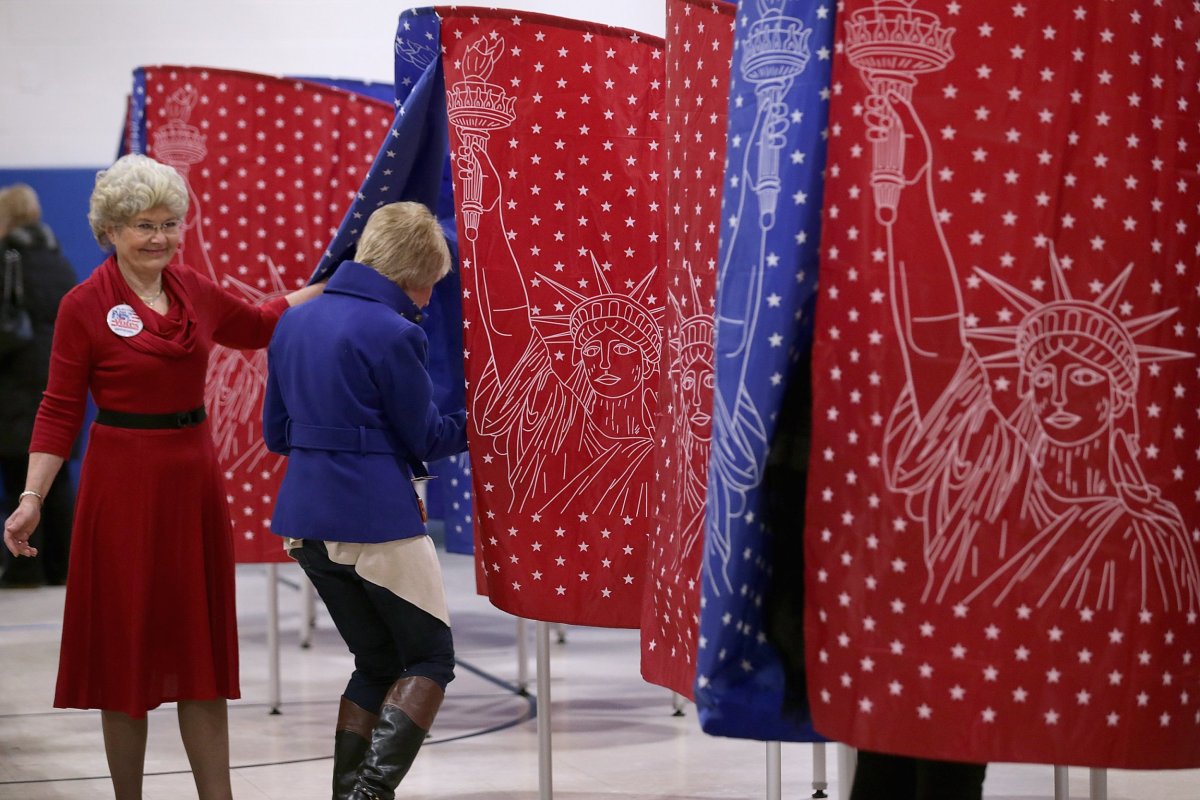This article first appeared on the American Enterprise Institute site.
Since the passage of the tax reform bill, supporters and opponents have been bellowing about the bill's effects on the 2018 election.
Democrats argue it will be an albatross around the GOP's neck, while some Republicans expect it to boost support for their party's fortunes.

Here's why these expectations are overblown.
- The November 2018 election is light-years away in public opinion terms. Trump's record setting unpopularity, not the decision to move ahead on tax reform, largely explains the Democrats' growing advantage on the generic ballot question that asks people for whom they would vote if the election were held today.
- Since 1984, when the question has been asked on exit polls, "taxes" has never been the top issue for voters. Voters who do say it's the top issue for them cast their votes in substantial numbers for Republicans.
- In polls, Republicans generally make taxes a higher priority than Democrats do. Somewhat worrying for the GOP then is that in recent polls they appear to be losing their advantage as the party better able to handle the issue.
In June, the Republicans had a 4-point advantage on the issue in the NBC News/Wall Street poll. In their December poll, the Democrats had a 4-point advantage. These responses could be read as a commentary on the tax bill, but it is more likely that they reflect more generally negative views of the GOP.
- A large number of people don't have an opinion of the bill. This isn't surprising given its complexity. In early December, when CBS News asked people if they had a good understanding of the Republican tax plan, 43 percent said they did, but 56 percent said they hadn't heard enough to say. Bare majorities of Republicans and Democrats said they hadn't heard enough, as did 61 percent of independents.
After the passage of Reagan's tax bill, after the long years of work that went into its creation and into selling it, 65 percent in a Lieberman Research poll told pollsters they didn't know enough about it to have an opinion. The "don't know" responses were high throughout the 1986 debate, as they have been during this debate.
People don't follow tax debates the way they follow debates about health care. To the extent there are hard opinions about the bill, they mostly reflect the partisan divisions in the electorate.
- Americans simply don't believe the tax promises of politicians, and they almost always think their taxes will be going up. Virtually every polling question asked on politicians' tax promises since 1958 shows that Democrats and Republicans and Congress as a whole have very little credibility.
In short, it's premature at best to make the claims either party is making about the bill's effects, if any, on the 2018 elections.
Karlyn Bowman is a Senior Fellow at the American Enterprise Institute.
Uncommon Knowledge
Newsweek is committed to challenging conventional wisdom and finding connections in the search for common ground.
Newsweek is committed to challenging conventional wisdom and finding connections in the search for common ground.
About the writer
To read how Newsweek uses AI as a newsroom tool, Click here.






